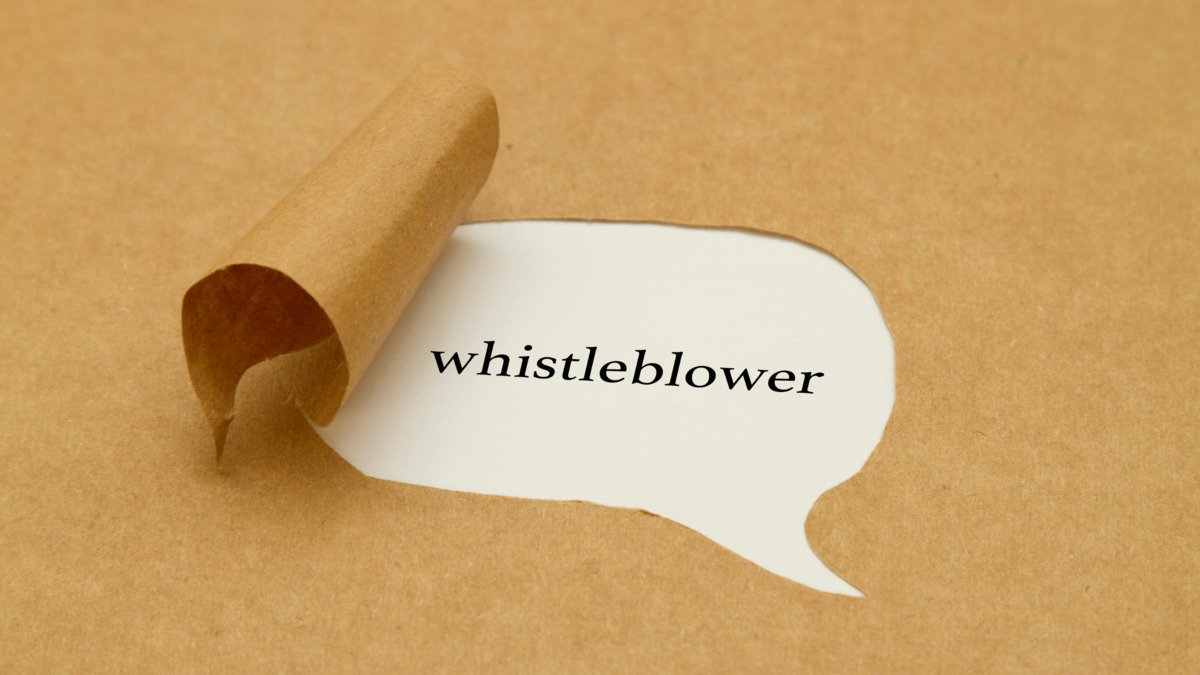
Fighting fraud has been a priority of the federal government for hundreds of years. The False Claims Act, originally passed in 1863, imposes legal liability on anyone who tries to defraud the federal government. Those committing fraud against the federal government may be liable for three times the government’s damage plus an inflation-linked penalty. To encourage whistleblowers to report fraud, the False Claims Act allows whistleblowers to claim a reward for their assistance in recovering taxpayer money.
Yet the False Claims Act has a statute of limitations, meaning that you have a limited window of time to file a claim. We’ll explore those deadlines in this article, as well as a few other related concepts. If you are considering filing a False Claims Act, you should contact a qualified employment attorney immediately.
False Claims Act Statute of Limitations
The False Claims Act (FCA) statute of limitations is a critical aspect to understand. The FCA allows for a qui tam action to be filed either within six years from the date the fraud was committed, or within three years after the United States becomes aware or reasonably should have known about the fraud. However, in no event can a qui tam action be filed more than ten years after the date on which the violation was committed.
What Is a Qui Tam Whistleblower?
When it comes to the False Claims Act, it is quite common to hear the phrases “qui tam whistleblower” or “qui tam plaintiff.” The phrase “qui tam” is a short reference to the old latin phrase “qui tam pro domino rege quan pro se ipso in hac parte sequitur.”
This phrase means “[he] who sues in this matter for the king as well as for himself.” In other words, a qui tam whistleblower or qui tam plaintiff is an individual who files a claim on behalf of the government.
Under the False Claims Act, a qui tam whistleblower not only enjoys a reward for a successful fraud claim brought on behalf of the government, they also enjoy whistleblower protection for any retaliation that occurs after they file a claim. If you file a False Claims Act action and subsequently suffer retaliation, you can receive monetary compensation for your losses.
What Are the Deadlines for Filing Whistleblower Claims?
There are two important deadlines under the False Claims Act. If you wish to file a claim of whistleblower retaliation, you have three years from the time of the retaliatory employment actions.
However, if you are considering filing a qui tam lawsuit, know that you generally have six years to file a claim after the fraud was committed. If the situation involves a government official who was responsible for investigating the act of fraud, you have three years to file a claim, starting on the date that official knew or should have known about the fraud.
Three or six years can seem like a long time. You might even be tempted to hold off on filing a claim against your employer for retaliation. However, it is vital that you act immediately if your employer is retaliating against you because of your False Claims Act lawsuit.
Even if you file a claim within the time established by the statute of limitations, it will be harder to prove your case if you wait. Over time, witnesses forget key events, important evidence disappears, and bad actors can move on to other roles or disappear entirely. Time is of the essence.
Understanding the First to File Rule
Many potential qui tam whistleblowers file False Claims Act suits because of the potential reward involved. However, the government’s “First-to-File” rule states that only the first whistleblower to file a qui tam action is eligible to recover a portion of the government’s damages.
So if multiple individuals report the same act of fraud, only the first one will obtain any kind of compensation. All subsequent whistleblowers will get nothing.
What Do I Need to Have Before Filing a Qui Tam Case?
It is a good idea to have several things before filing a qui tam claim. First, you need personal knowledge of the facts related to the fraud.
Second, you should have some kind of evidence that supports your claims.
Third, you should ensure that your case falls within the statute of limitations of the False Claims Act. Assuming you have those things, you need to hire a skilled employment attorney to represent you in court.
Contact an Experienced Whistleblower Attorney Right Away
Fortunately, whistleblowers enjoy protections from retaliation under the False Claims Act. However, those rights only have meaning if people are willing to exercise them.
Here at King & Siegel LLP, our team is dedicated to providing you with the representation you deserve. Our passion is to ensure whistleblowers have the zealous representation they need to obtain the compensation they are entitled to.
We offer free initial consultations to all our clients so that they have an opportunity to share their stories with us. Don’t wait for someone else to file a qui tam action. Get in touch with us today.

